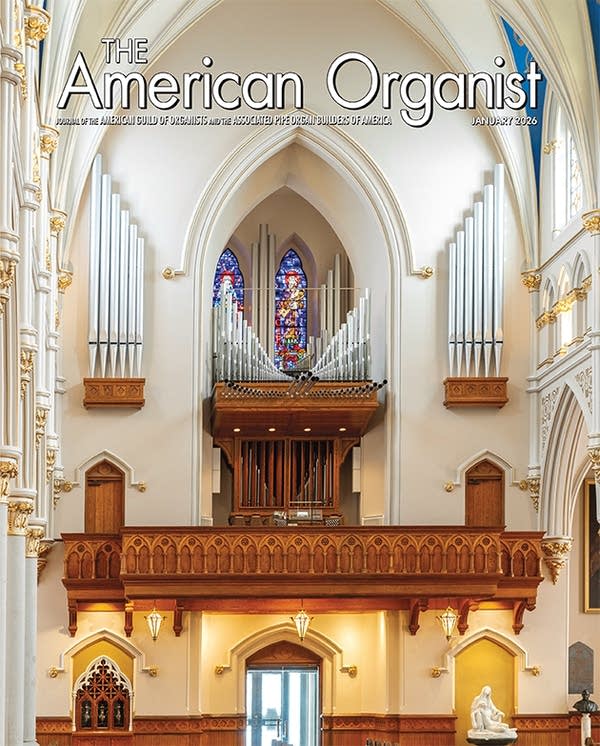
Alsace Tour: May 7-21, 2022 (join us!)
We’re on the move!
We’re going to travel in 2022 and KI Concerts will be our new ‘tour manager’ as we move forward. Our 2022 Tour of Historic Organs in Alsace is taking registrations now. This trip will focus on important and interesting instruments around Strasbourg, Mulhouse and Colmar, France, and you’ll not want to miss out.
Typically, this is an adventure for the organ-lover, offering in depth involvement with access (often hands-on) to instruments that played an important role in the early 20th century ‘organ revival’, a movement that soon had an international reach. I feel this is the right moment to set get in gear again, and there’s no better place than this area in eastern France and its instruments which eventually had a worldwide impact.
The tour itinerary, linked here Pipedreams 2022 Alsace Organ Tour, outlines our adventuresome travel schedule. A good number of registrations already have been received, but there are still seats on the coach. If you are interested in participating, please contact us immediately.
Please note that the price of $5845 does not include airfares to and from Europe and you will need to make these arrangements independently. But as a convenience, we will have two bus transfers to and from the Frankfurt airport on the arrival and departure days timed to meet most incoming flights on May 7 and departing ones on May 21, should you wish to use them.
KI Concerts offers a 75% refund up to 120 days prior to travel, but you are strongly urged to source travel insurance to protect you further, as you feel the need.
Please be aware this tour does entail some occasionally strenuous walking, particularly on days when the buses are not able to come close to the destination churches, etc.
The region of Alsace, on the west bank of the Upper Rhine, has been in an active cultural dynamic since the establishment of a wine-making industry there by the Romans in 58 BC. Since then, through the rules of Clovis and Lothar, Charles the Bald and Louis the German, and later as a result of realignments during the Holy Roman Empire, the culture has existed in a lively tension between German and French influences which happily now advantageously coexist in a balanced blend.
Certainly we all benefitted from the decision of Andreas Silbermann (1678-1734) to leave his native Saxony and learn the craft of organ building in Alsace, where his instruments represent a canny cohabitation of French éclat and German gravitas. Some of this style was transferred by his younger brother and apprentice Gottfried (1683-1753) when he returned home to work for the Saxon king, building stellar instruments quite unlike the central-German norm (which some of you may have seen and heard during our most recent PIPEDREAMS Tour).
This tension resurfaced at the turn of the twentieth century when Emile Rupp, a student of Widor and organist at St. Paul's Church in Strasbourg, entered into a heated debate with Adolphe Gessner, organist of the garrison church, St. Maurice, over the relative quality of the 'new' organs of the day (by primarily German builders) as compared with the 'vintage' French-leaning instruments from Silbermann and his son. Since these Silbermann organs also proved themselves as excellent vehicles for the music of Bach, it was not long before Albert Schweitzer, a native of Alsace from Gunsbach, joined in the fray and the 'organ reform' movement was begun.
I hope you will be able to join me over a glass of Alsatian wine to discuss the distinct qualities of German and French instruments, the relative merits of historicity and progress, and the delight we all should celebrate in differences. An amazing Alsatian Adventure is guaranteed!
Michael Barone



